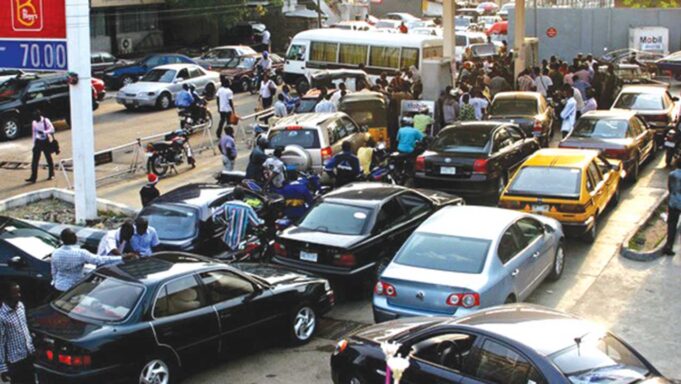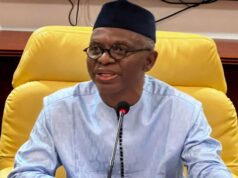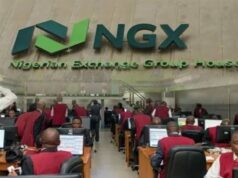Fuel queues have resurfaced in Lagos State as many filling stations ran out of stock, leading to closures and long lines at the few stations still dispensing Premium Motor Spirit (PMS), otherwise known as petrol.
Checks in Lagos on Sunday, August 18, 2024, revealed that most filling stations along Ikorodu Road were not selling.
However, the Nigerian National Petroleum Company Limited (NNPCL) and NIPCO at Fadeyi bus stop on the same road had long queues.
In other areas, including Bank Anthony, only Total, Northwest, and NNPCL stations were open, each with long queues, while Mobil Station at Salami Shaibu in Somolu closed due to chaotic scenes caused by commercial vehicles.
Illegal fuel hawkers were spotted along Ikorodu Road, Maryland, Gbagada, and Ogba, taking advantage of the situation.
Speaking under anonymity, some marketers attributed the supply difficulties to the inability of NNPCL to pay importers since March.
They alleged that NNPCL, being the sole importer, was responsible for the scarcity.
Motorists and commuters expressed frustration over the fuel shortage, which has led to long queues and a significant increase in transport fares across Lagos.
A banker, Chuks Edwin, said the scarcity had caused persistent traffic around fuel stations on Ikorodu Road and in Ikeja, with motorists queuing for hours to refuel at the few stations still dispensing fuel.
Edwin noted that the queues had been growing since last Wednesday and urged the government to address the issue to ease the movement of workers and residents in Lagos.
“Some petrol stations that dispensed fuel sold it at prices ranging from N618 to N800 per litre, depending on the area, leading to an increase in transport costs,” Edwin said.
A bus driver at the Ileja Bus Stop in Bariga, Jimoh Saka, lamented the struggle to obtain fuel, justifying the fare hike from N200 to N300 for trips from Bariga to Onipanu.
FG vows to withdraw marketers’ licences for hoarding fuel
Saka said: “The increase in transport costs is not our fault. We sleep at petrol stations just to buy fuel and continue our business.
“Things are hard, and people should understand it is not our fault.”
Speaking on the development via a statement on Sunday, NNPCL spokesperson Olufemi Soneye debunked reports that the company owes international oil traders $6.8 billion.
Soneye stated that in the oil trading business, transactions were often carried out on credit, and it is common to owe at times.
He said the NNPCL had been fulfilling its obligations, paying invoices on a first-in-first-out (FIFO) basis.
He also refuted claims that the NNPCL had not remitted any money to the federation account since January, stating that the company and its subsidiaries regularly remit taxes to the Federal Inland Revenue Service (FIRS).
“NNPCL is the largest contributor to the tax revenue shared monthly at the Federation Account Allocation Committee (FAAC),” Soneye said.
He added that the NNPCL had no role in the fiscalisation of the quality and quantity of imported petroleum products, which he said is the responsibility of the Nigerian Midstream and Downstream Petroleum Regulatory Authority (NMDPRA).
- Rashford returns as Tuchel announces first England squad - March 14, 2025
- El-Rufai: Some persons paid to be appointed Tinubu’s ministers - March 14, 2025
- Customs intercepts undeclared $1.1m at Kano airport - March 14, 2025









